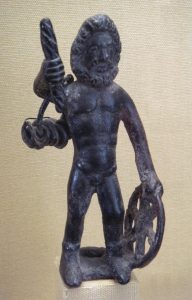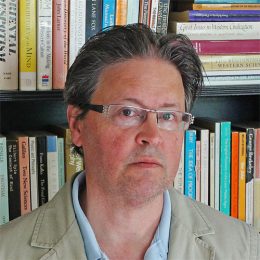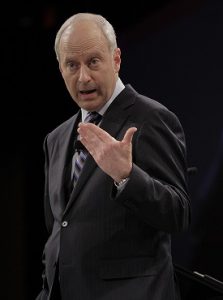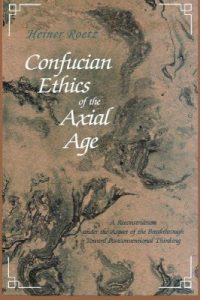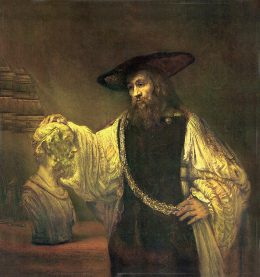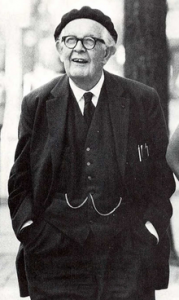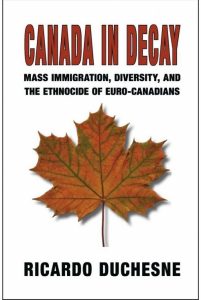3,787 words
Part 1 of 4
Only European peoples have made history and discovered the idea of time, and this is why the idea of progress is uniquely European: Only European history has been characterized by progress, and there can be no conception of historical time and no history without progression or without man becoming conscious of his role in the making of history, as well as the realization that only the mind can be the adjudicator of the truth. (more…)


